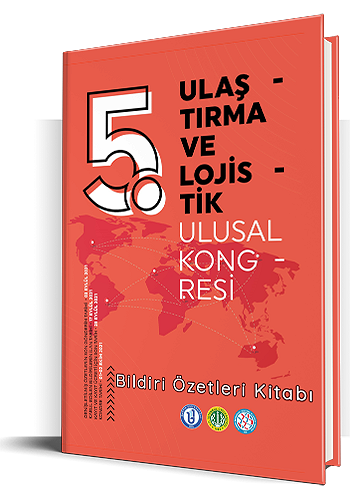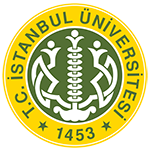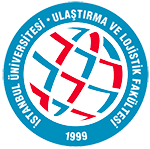
Ulaştırma ve Lojistik Kongreleri
- Türkçe
- Özet
- 2021
Bartın İlinde Kurumsal Bir Kargo Firmasının Son Bir Yıllık İş Yükünün Analizi
Alper Aytekin
Prof. Dr., Bartın Üniversitesi, Bartın, Türkiye
Ertuğrul Yılmaz
Bartın Üniversitesi, Bartın, Türkiye
Anahtar Kelimeler: Kargo Taşımacılığı, Lojistik, İş Yükü, Karayolu Taşımacılığı
Analysis of the Last One-Year Workload of a Corporate Cargo Company in Bartın Province
Logistics has developed with the fact that it is one of the most basic requirements of humanity, maintaining its existence and ensuring its security. Human communities have developed logistical systems to meet the protection power, nutrition and other requirements they have established to ensure their safety. Purchasing, transportation, storage, customs clearance, insurance, procurement, demand forecasting, inventory management, logistics information system, spare parts support, distribution, price, barcode, packaging product according to customer requirements, such as multi-vehicle route planning and optimization, network and detailed growing information on the web the logistics industry in the process thanks to the technology began to be much more effective and efficient than in the course of these processes (Deniz & Gödekmerdan, 2011). Cargo transportation has grown as a transportation sector in industrialization and developing technology, and after completing its development, it has become a sector in its own right. In the 1980s, a completely different sector was formed, which completely broke away from the transport sector and established its own rules and laws (Sahavet, 2006). With the increase of E-commerce, there has been movement in cargo companies, and this has led to significant competition in cargo companies, increased service quality, increased workloads (Karagöz et al., 2019). Workload, which is one of the basic concepts of Business Life, refers to the amount of work that must be done in a limited time and with certain characteristics. Workload for employees refers to the time and energy spent working efficiently from the point of view of the employer (Ardıç & Polatçı, 2009). An increase in workload in short periods of time leads to excessive workload, and excessive workload can lead to burnout syndrome, emotional exhaustion, desensitization, low personal success, and negative thoughts about work. There are 25 vehicles and 10 thousand fixed agent companies in Turkey. In the research, a cargo company operating in Bartın province was selected. The company will be designated as Company X in the publication. In Bartın province, 12 agencies are served by 43 vehicles. Limited data was reached due to the pandemic period by selecting one of the 12 existing agents. In the study, cargo transportation company, which has reached more than 700 branches in 81 provinces for 17 years and continues to serve, will be provided with monthly workload, 11-month data analysis in Bartin province, and a study on the distribution performance of this enterprise, which has a corporate identity, will be conducted. A simple form of analysis, the graphical analysis method, was used to show that they were affected by the workload. Three separate charts are created as bar charts and stacked area charts. From graphs consisting of monthly incoming cargo numbers, monthly outgoing cargo numbers and a monthly ratio of the total cargo number to the number of employees, workload analysis was performed and interpretations were made. There have been monthly changes in employee numbers. During the period, the workload on employees increased, and from time to time, there were declines. However, when a comparison is made between May 2019 and March 2020, a serious workload increase of 66% is seen when compared. As a result, this study was carried out using 11-month data from a single cargo company in Bartın province. With other detailed studies to be carried out in the future, it can be investigated and measured whether there are situations such as dissatisfaction at work due to workload.
Keywords: Logistics, Cargo Transport, Workland, Road Transport


Bu çalışma, kullanan kişilere orjinal çalışmadan alıntı yaptıkları sürece, çalışmayı dağıtma, değiştirme ve üzerine çalışma hakkı tanıyan Attribution 4.0 International (CC BY 4.0) lisansı ile lisanslanmıştır.
İletişim
İstanbul Üniversitesi Ulaştırma ve Lojistik Fakültesi
İ.Ü. Avcılar Kampüsü 34320 Avcılar/İstanbul
ulk@istanbul.edu.tr
+ 90 (212) 440 00 00 - 19200


